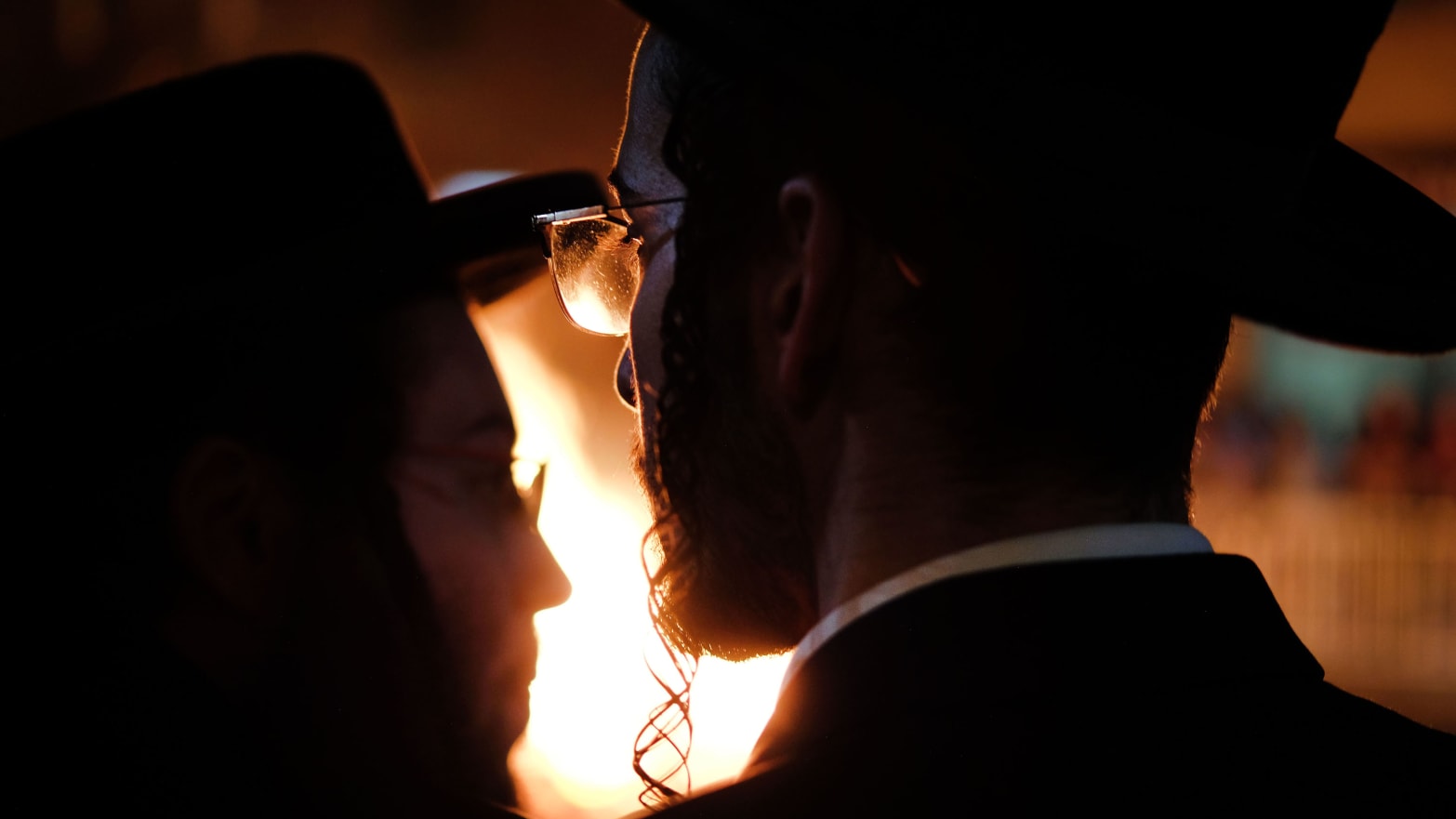
It took two killers shooting up a Jersey City kosher-mart and one machete-wielding maniac invading a rabbi’s house in Monseyto reteach the old lesson that Jew-hatred is the most plastic hatred—adaptable, durable, artificial, and frequently toxic.
Until then, even most American Jews kept folding the fight against anti-Semitism into the partisan war over Donald Trump.
Yet reducing Jew-hatred to yet another partisan hot potato undermines the moral clarity needed to fight it. It also hides the best countermove against bigotry in America: Don’t emphasize what’s wrong with America—appeal to what’s right about America.
The assaults on Orthodox Jews in Brooklyn, Jersey City, Monsey broke the left-right paradigm. This Jew-hatred of the street doesn’t stem from white nationalism online or anti-Israel progressivism on campus, because anti-Semitism is far more capacious. It targets Jews, be they left or right, capitalist or Marxist, religious or non-religious, Zionist or non-Zionist
Hatred is contagious. Today, internet bullying shows how copycatting can escalate from tweets to manifestos to attacks. But history teaches that decency is contagious, too. Individuals step up, trusting others to back them, and still others to mimic their good behavior. That’s why, in fighting hatred, a society needs clear red lines that transcend politics.
Many American Jews’ moral confusion today mocks a proud history of fighting bigotry clearly, courageously, creatively. American Jews are the heirs of Cesar J. Kaskel, who lobbied President Abraham Lincoln to rescind General U.S. Grant’s General Order Number 11 in 1862 expelling “Jews as a class” from parts of the south during the Civil War. They should learn from Aaron Sapiro, who sued the automaker Henry Ford for spreading anti-Semitic libels. Embarrassed, eventually forced to apologize, Ford shuttered his hate-spewing Dearborn Independent in 1927